Building a strong, wide back is essential for both aesthetics and overall strength, and a key muscle group in achieving this is the latissimus dorsi (lats). Fortunately, you don't need a gym full of equipment to target and develop your lats. With the right approach, dumbbells are all you need to sculpt a broader, stronger back right from the comfort of your home. In this article, we’ll dive into the best dumbbell lat exercises at home and how to effectively target your lats with dumbbells for maximum growth.
Why Focus on Your Lats?
The lats are a large muscle group located on your back. They play a major role in movements like pulling and lifting. When well-developed, they give your back a wide, V-shaped appearance, which is highly sought after in bodybuilding and fitness. But building these muscles requires consistent and focused work. This is where dumbbell lat exercises at home come in—they allow you to target this important muscle group without needing heavy machines or cables.
How to Build Your Lats with Dumbbells
To develop bigger lats, you need to focus on exercises that emphasize pulling movements. These movements recruit the lats and help with their growth. Here are the best dumbbell exercises you can do at home for lats home workout dumbbell training.
1. Dumbbell Bent-Over Row
The dumbbell bent-over row is a foundational back exercise that targets the lats. This exercise mimics a pulling motion and helps to build mass in the upper back, particularly the lats.
How to perform it:
- Hold a dumbbell in each hand and bend your knees slightly while hinging at the hips. Keep your back straight throughout the movement.
- Pull the dumbbells toward your waist while squeezing your shoulder blades together. Focus on pulling with your lats and not your arms.
- Lower the weights slowly to the starting position.
- Repeat for 3 sets of 10–12 reps.
2. Single-Arm Dumbbell Row
This variation of the dumbbell row isolates one lat at a time, allowing for greater focus on each side of your back. The unilateral nature of the exercise ensures you don’t develop muscle imbalances.
How to perform it:
- Place one knee and hand on a bench or other sturdy surface for support, keeping your back parallel to the ground.
- With the opposite hand, grab a dumbbell and pull it towards your waist while keeping your elbow close to your body.
- Focus on squeezing your lat as you row the dumbbell up.
- Perform 3 sets of 10–12 reps on each side.
3. Dumbbell Pullovers
Dumbbell pullovers are excellent for targeting the lats and stretching them fully while also engaging the chest and triceps. This exercise is great for building the width of your back.
How to perform it:
- Lie flat on a bench or the floor and hold a single dumbbell with both hands above your chest.
- Keeping a slight bend in your elbows, lower the dumbbell slowly behind your head, stretching your lats.
- Pull the dumbbell back up, focusing on contracting your lats as you bring it back to the starting position.
- Perform 3 sets of 10–12 reps.
4. Renegade Rows
This challenging exercise targets the lats while also engaging the core and stabilizing muscles. Renegade rows combine the row motion with a plank, providing both strength and stability training.
How to perform it:
- Get into a high plank position with a dumbbell in each hand.
- Row one dumbbell towards your side while stabilizing your body with the other arm. Keep your hips square to the ground.
- Lower the dumbbell back down and repeat on the other side.
- Perform 3 sets of 8–10 reps on each side.
5. Dumbbell Deadlifts
Though traditionally associated with hamstrings and glutes, deadlifts also activate the lats as stabilizers, particularly in the lower back. Using dumbbells for deadlifts helps target the lats while strengthening your entire posterior chain.
How to perform it:
- Stand with your feet shoulder-width apart and a dumbbell in each hand in front of your thighs.
- Hinge at your hips, lowering the dumbbells towards the floor while keeping a flat back.
- Push through your heels to stand back up, focusing on contracting your lats as you return to the top.
- Perform 3 sets of 10–12 reps.
Tips for Building Lats at Home with Dumbbells
-
Focus on Form: Proper form is crucial when performing lat exercises. Avoid relying on momentum or using too much weight. Slow and controlled movements are key to targeting the lats effectively.
-
Increase Resistance Gradually: As your lats grow stronger, increase the weight of your dumbbells or the number of reps you perform to continue challenging the muscle and stimulating growth.
-
Consistency is Key: Building bigger lats takes time. Consistently incorporate lats home workout dumbbell exercises into your routine, and you’ll start seeing results in a few months.
Final Thoughts
You don’t need a gym full of equipment to build bigger lats. With the right dumbbell lat exercises at home, you can effectively target your lats and create a stronger, more defined back. Incorporate these exercises into your home workout routine and watch your lats grow!


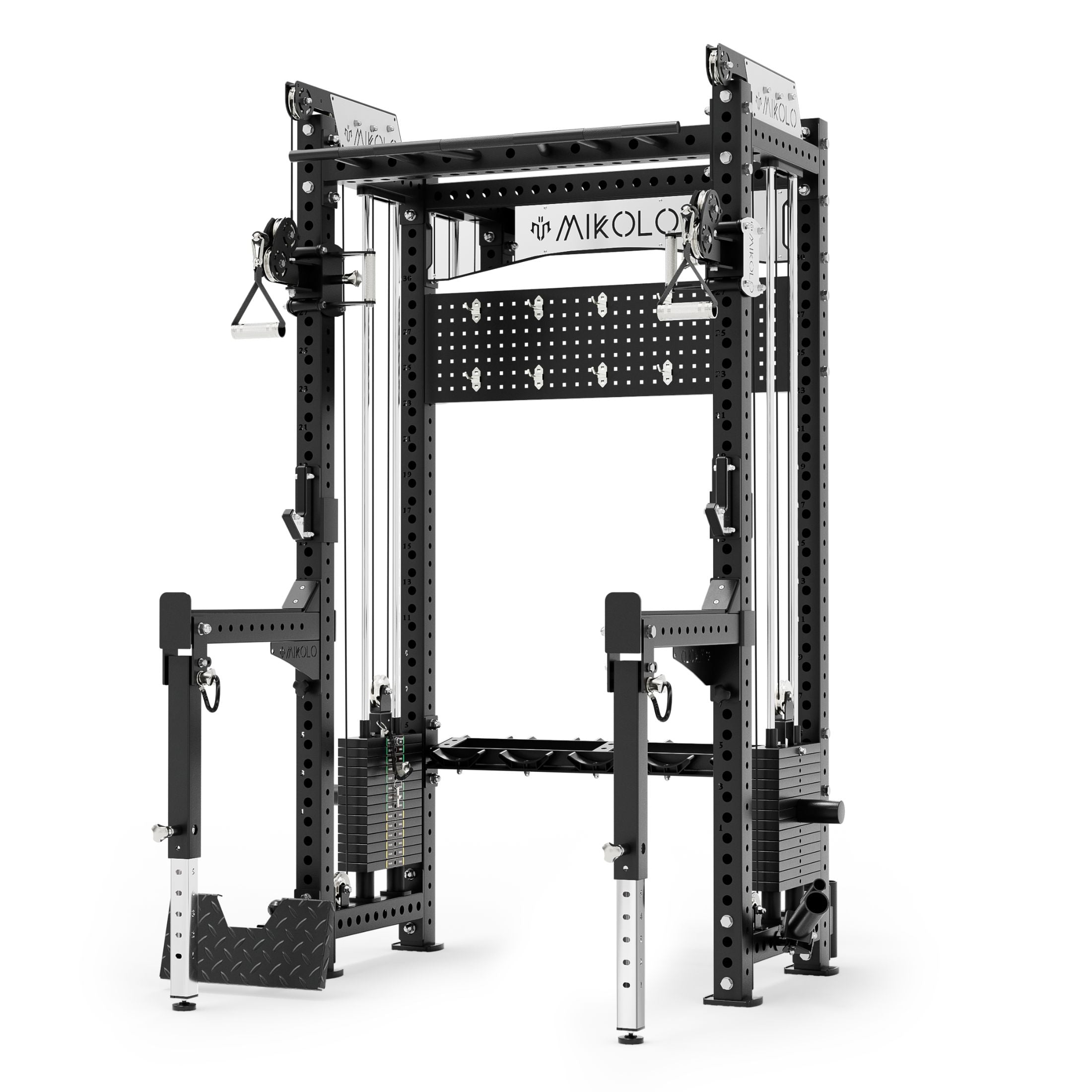
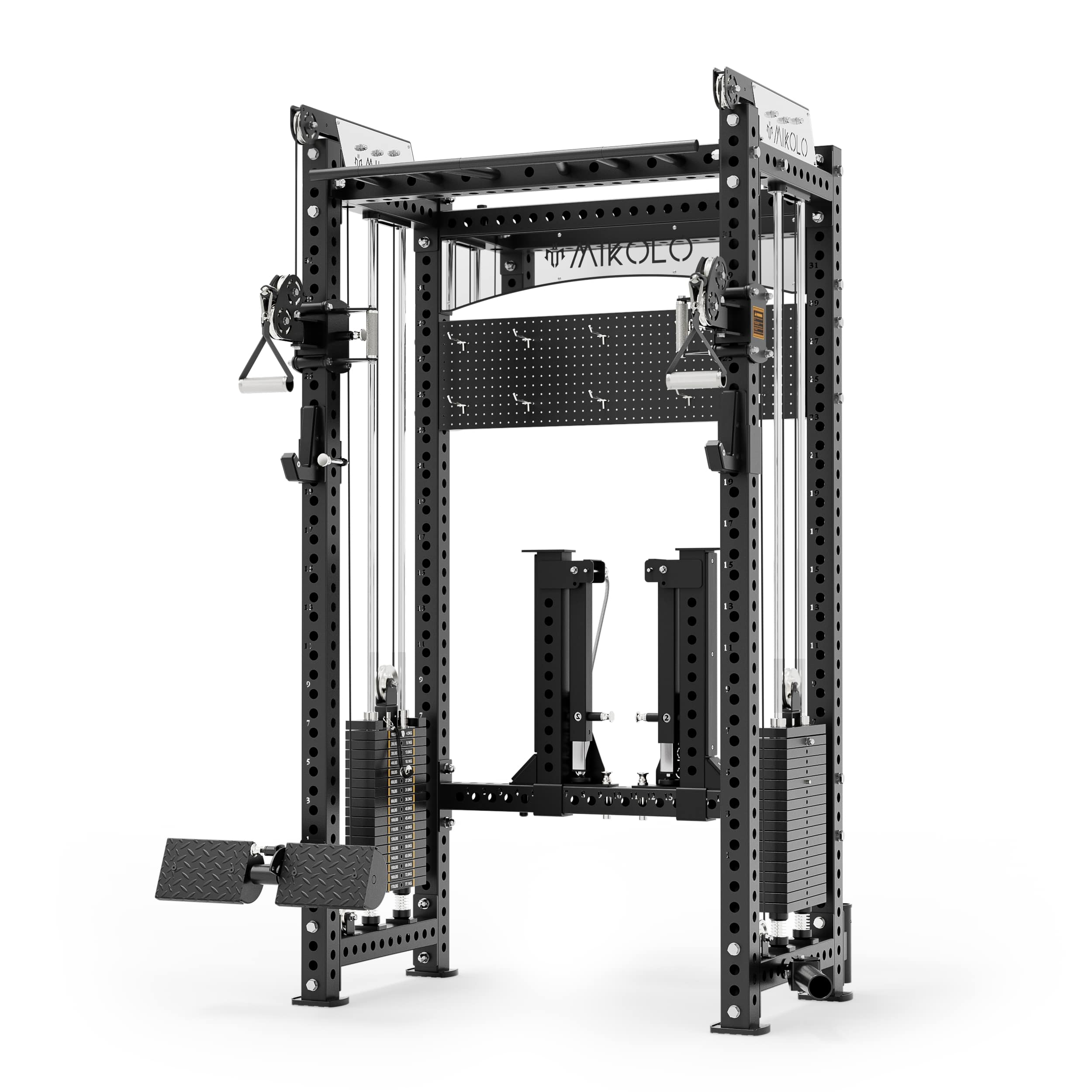
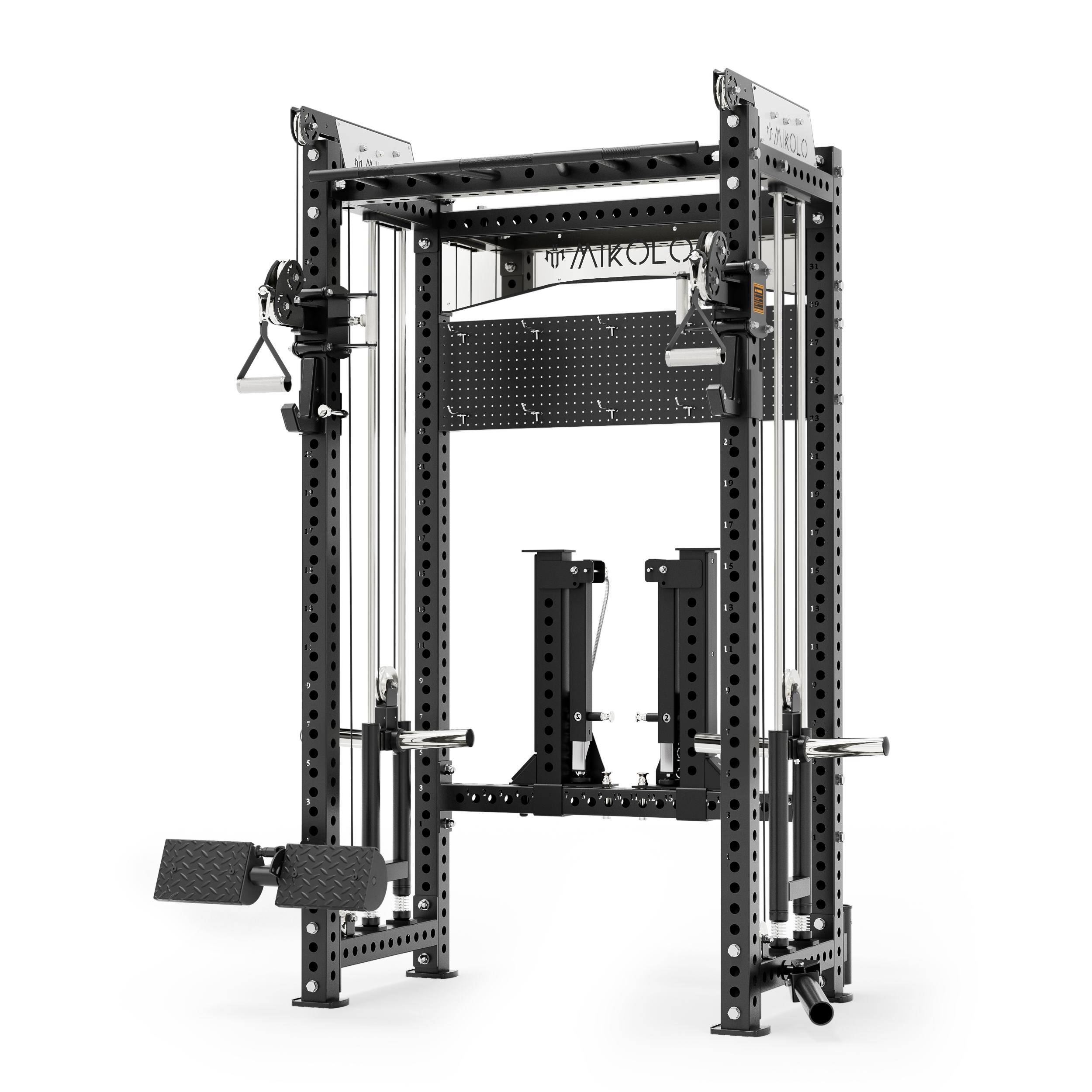


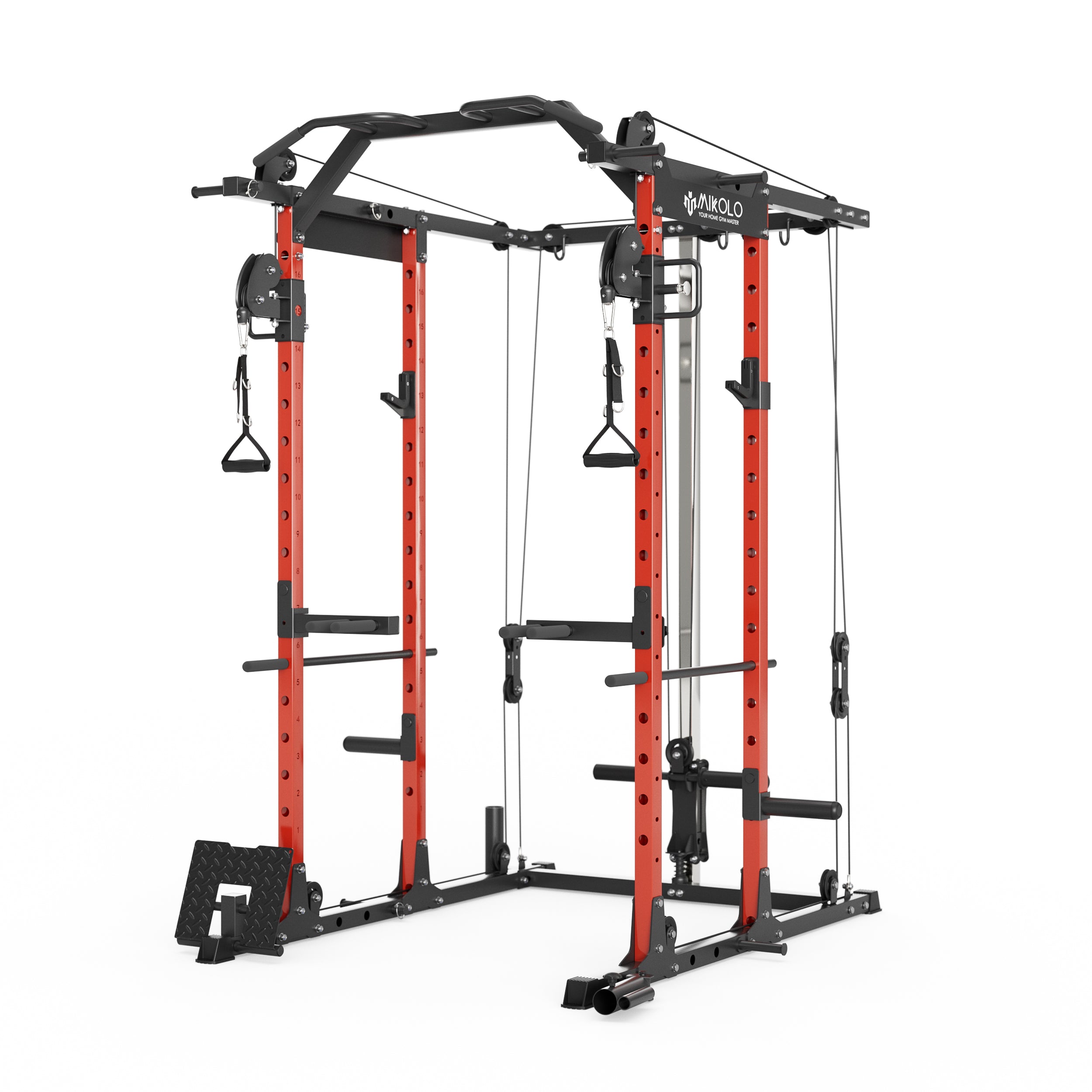
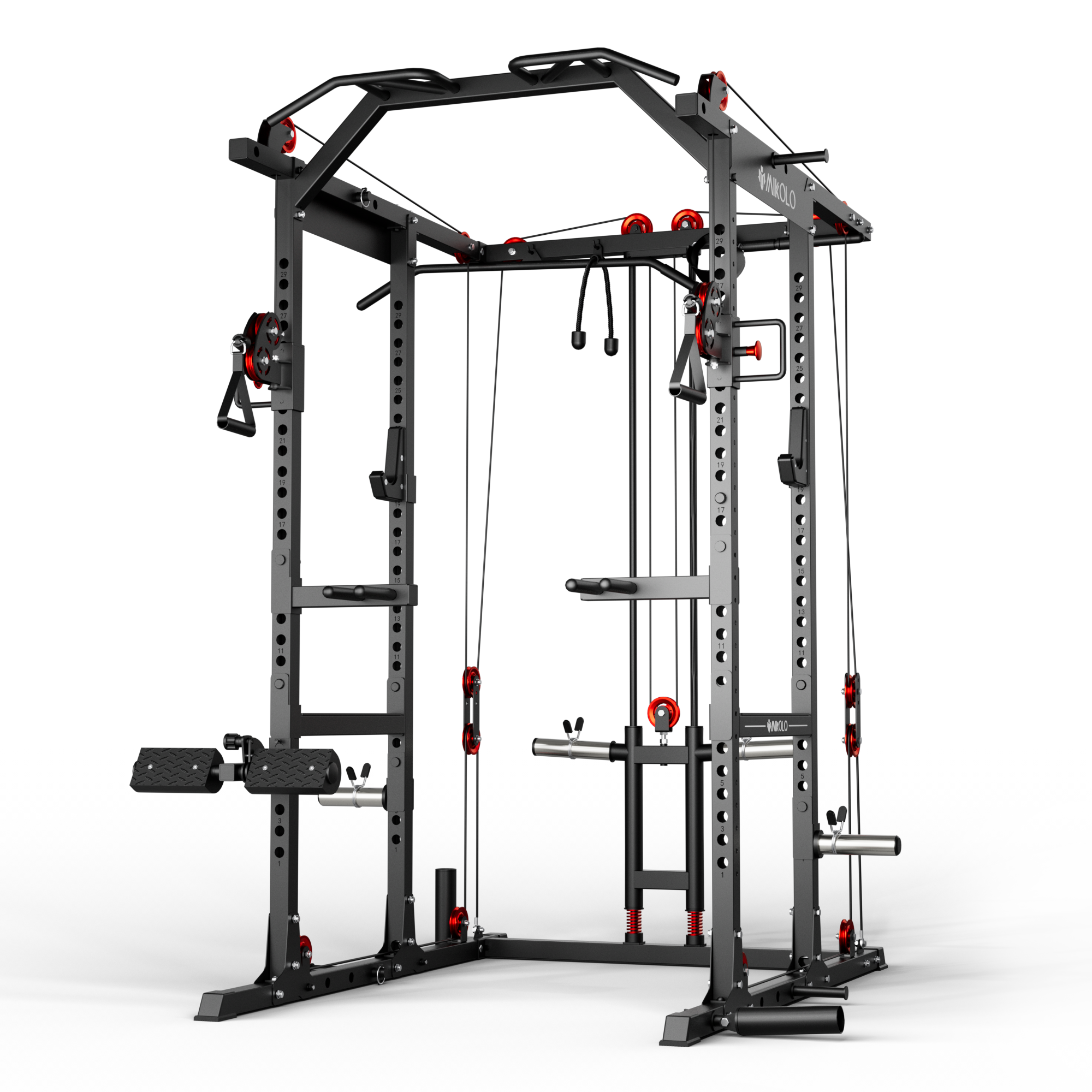

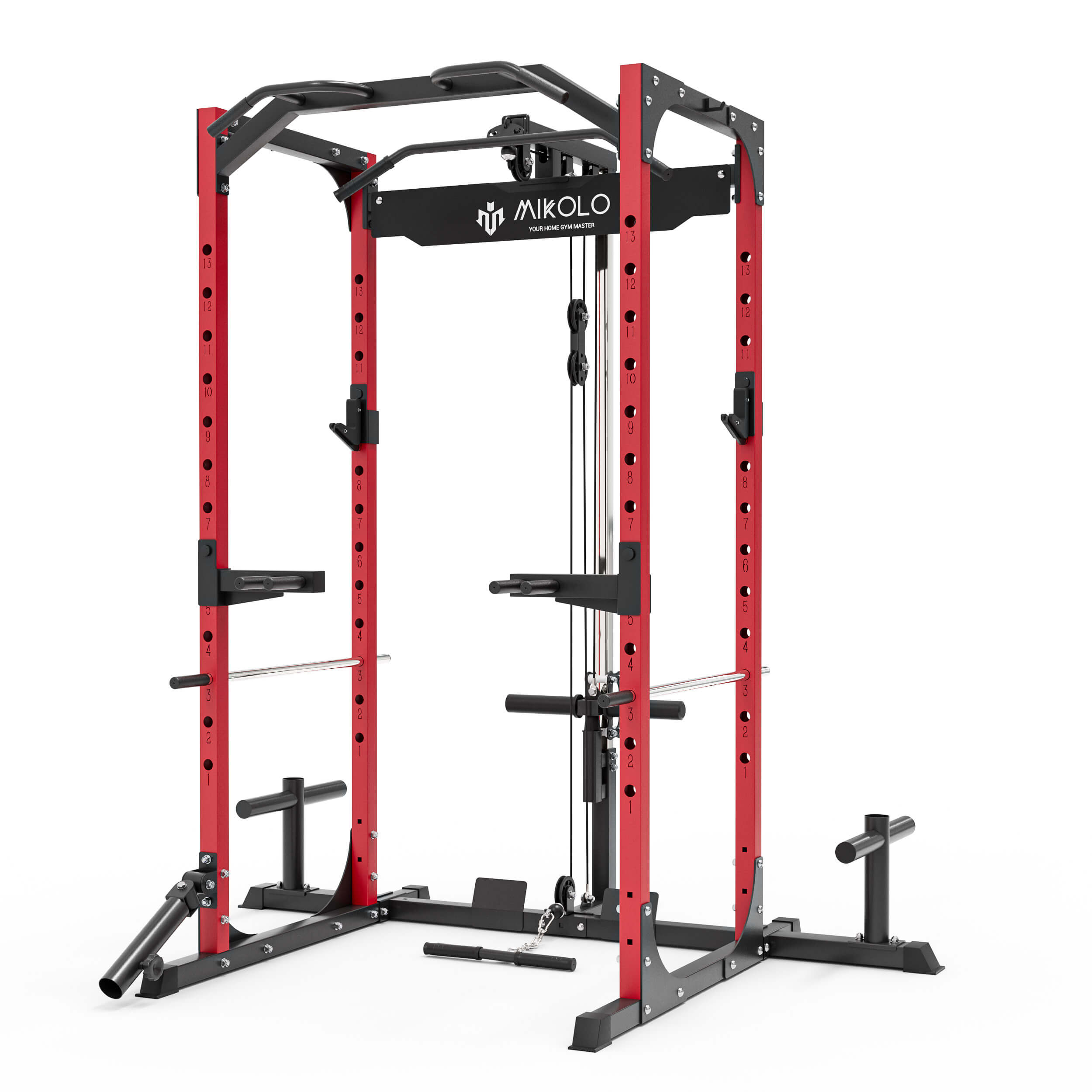
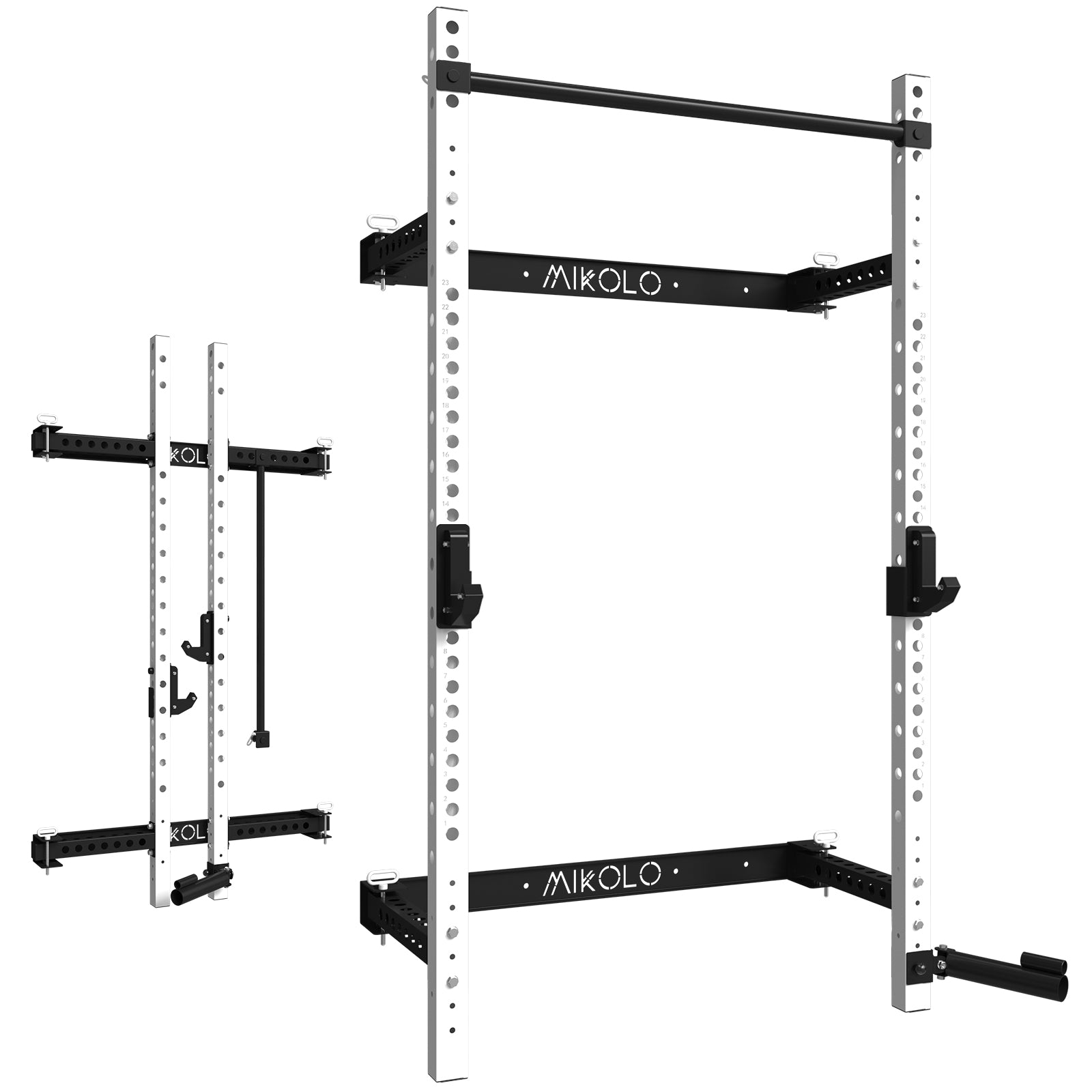


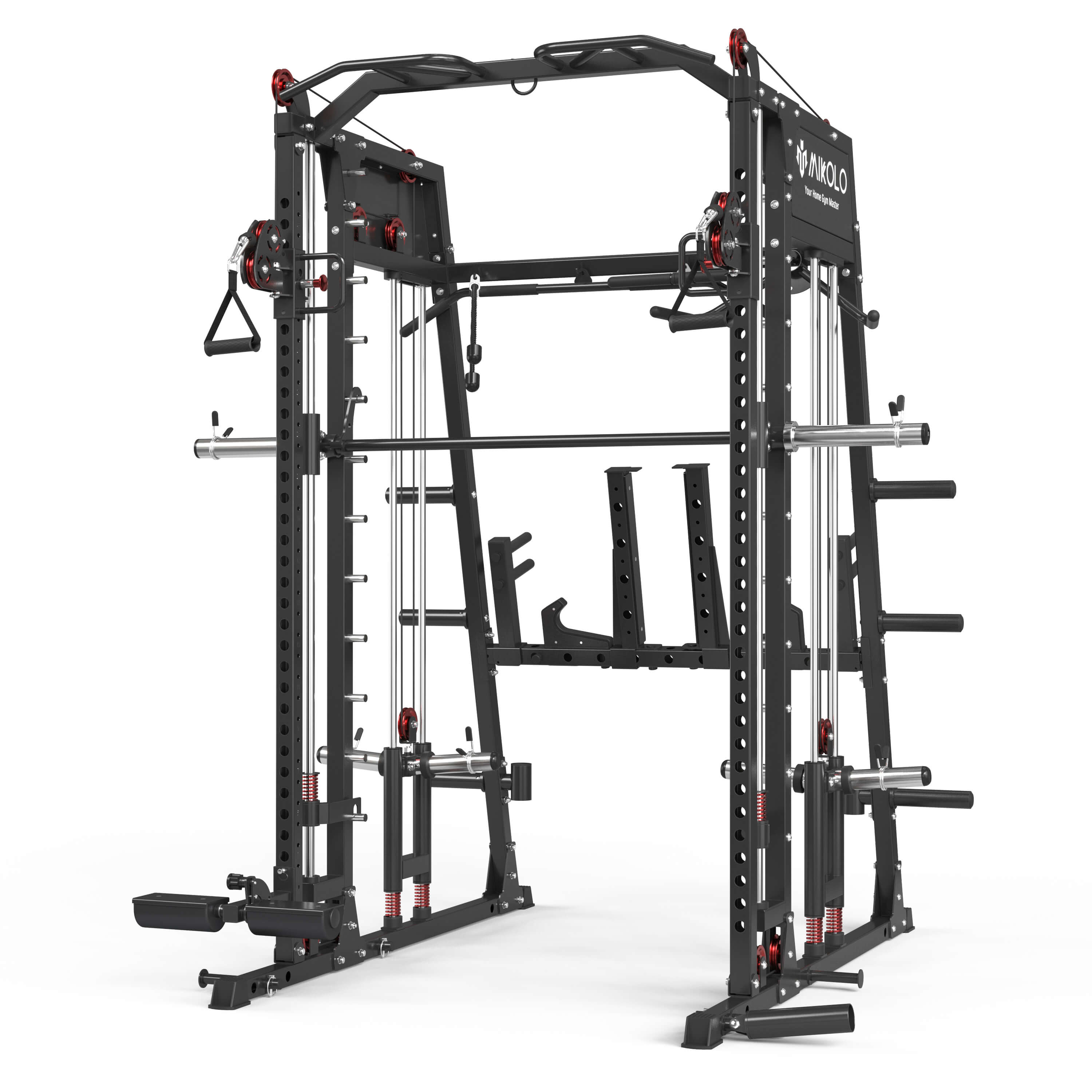
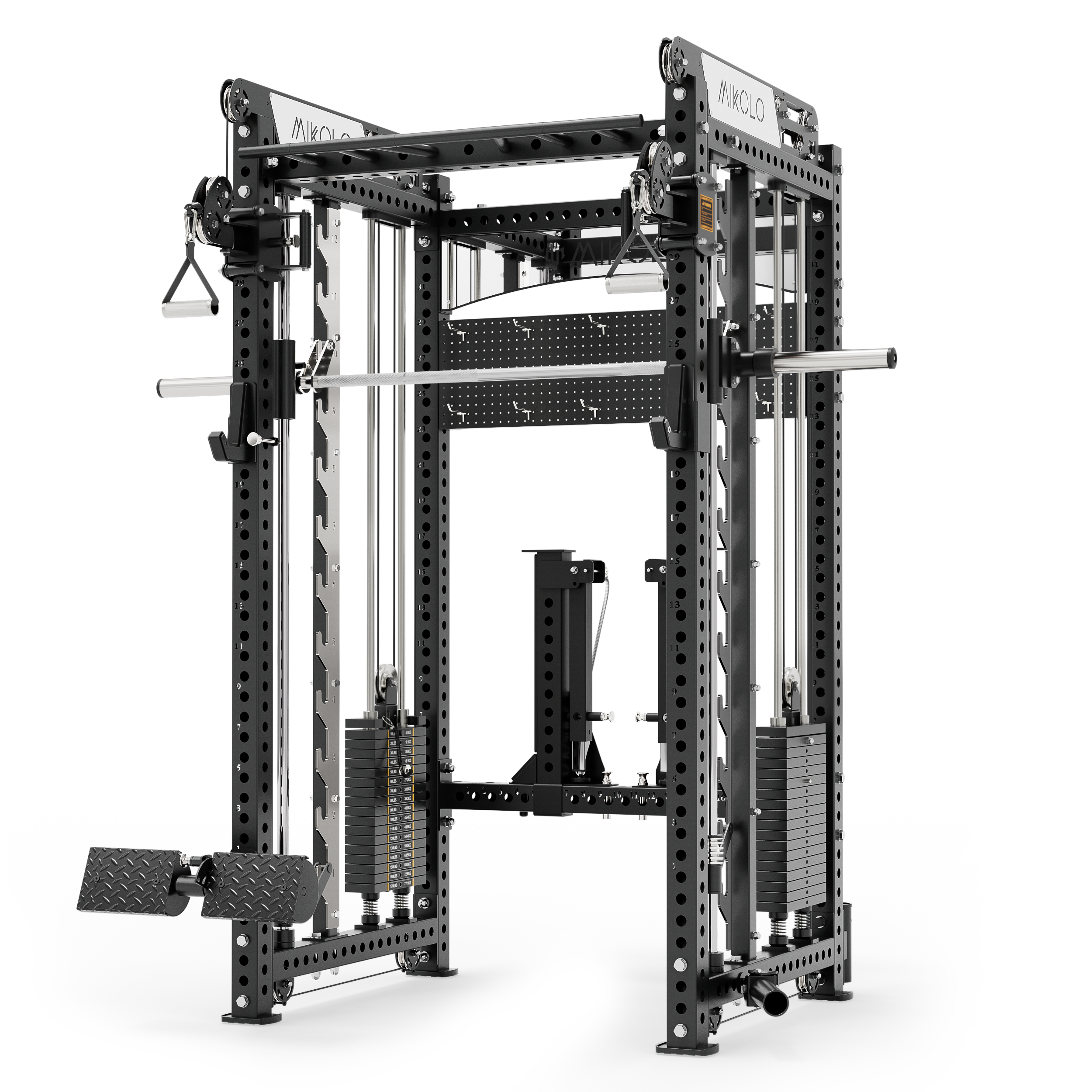
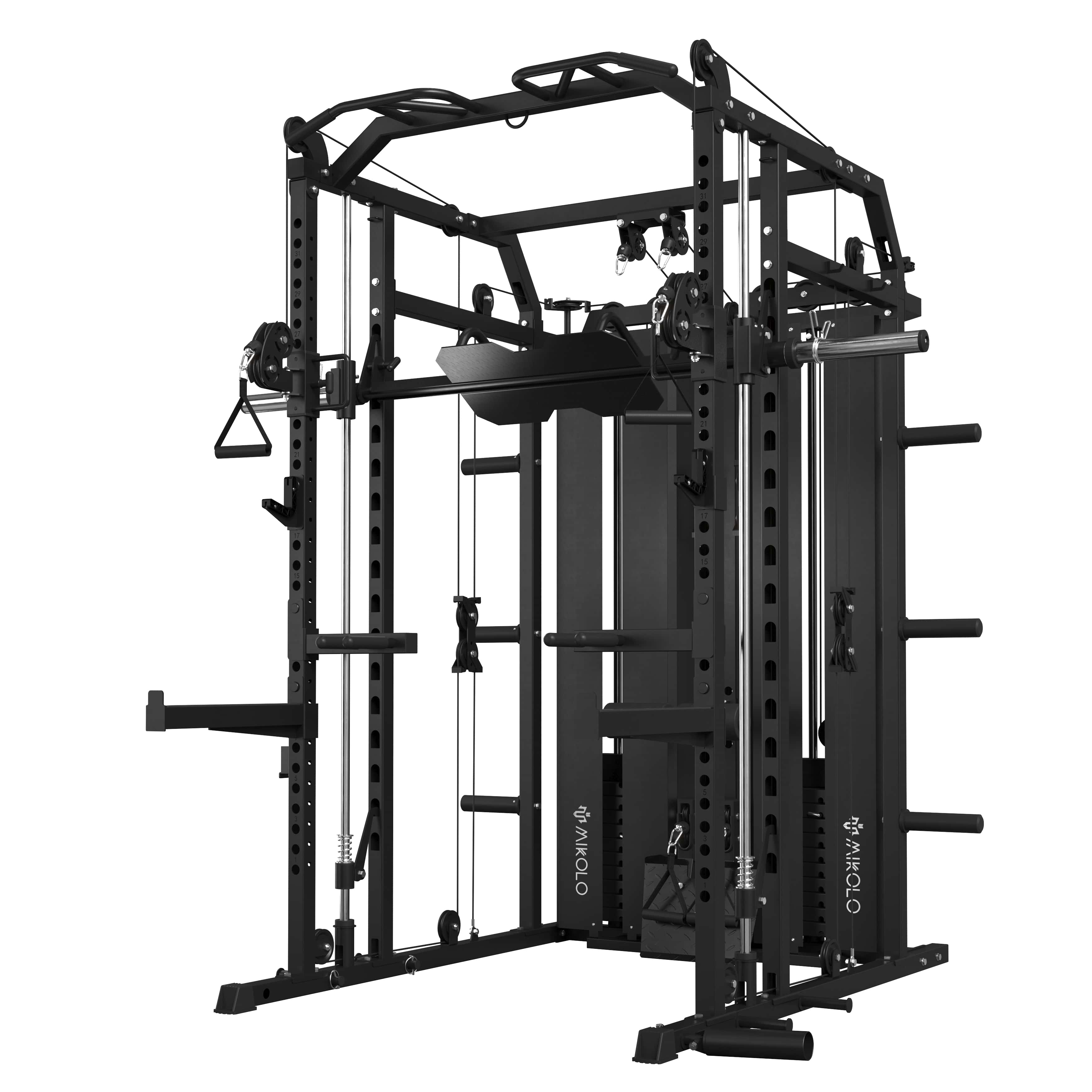
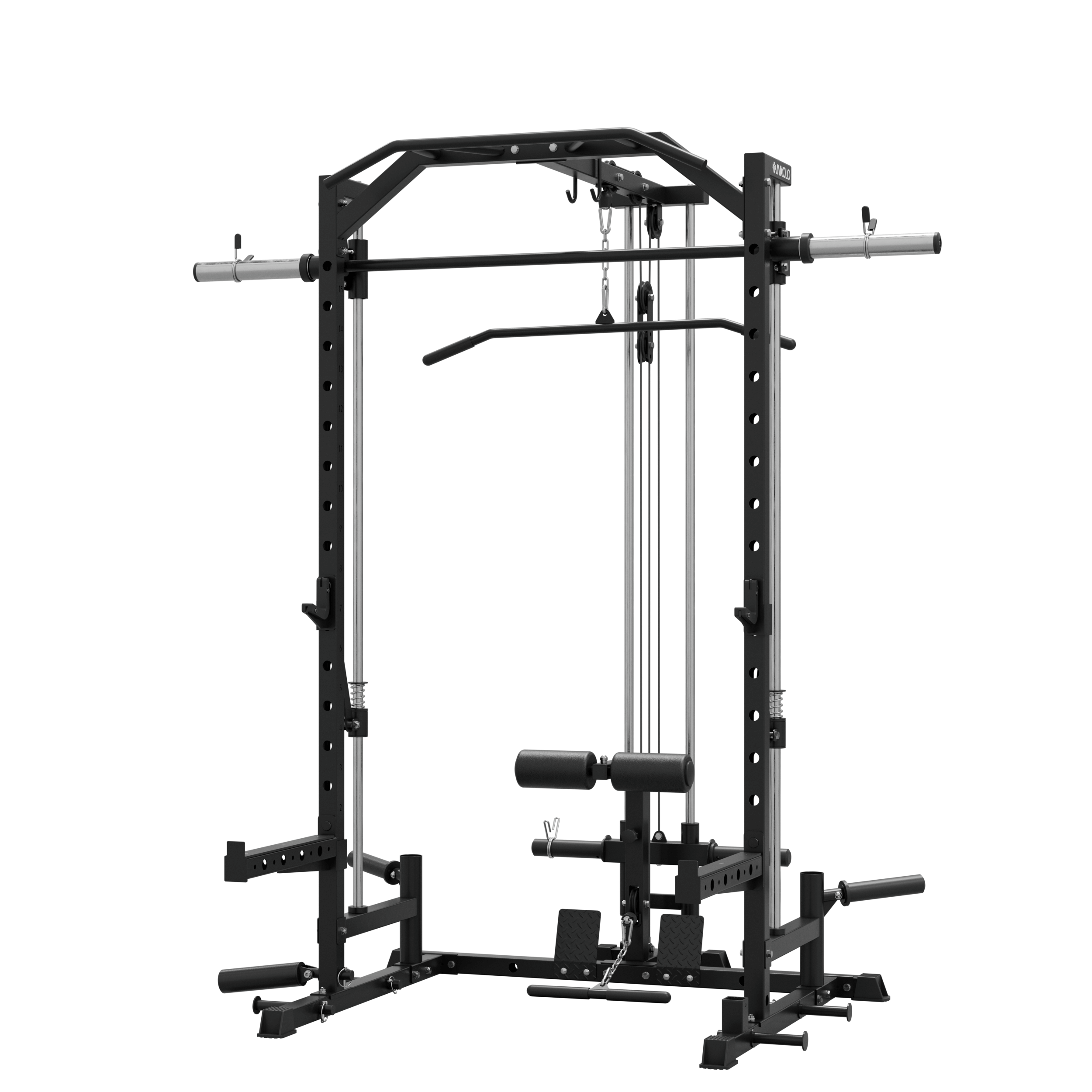
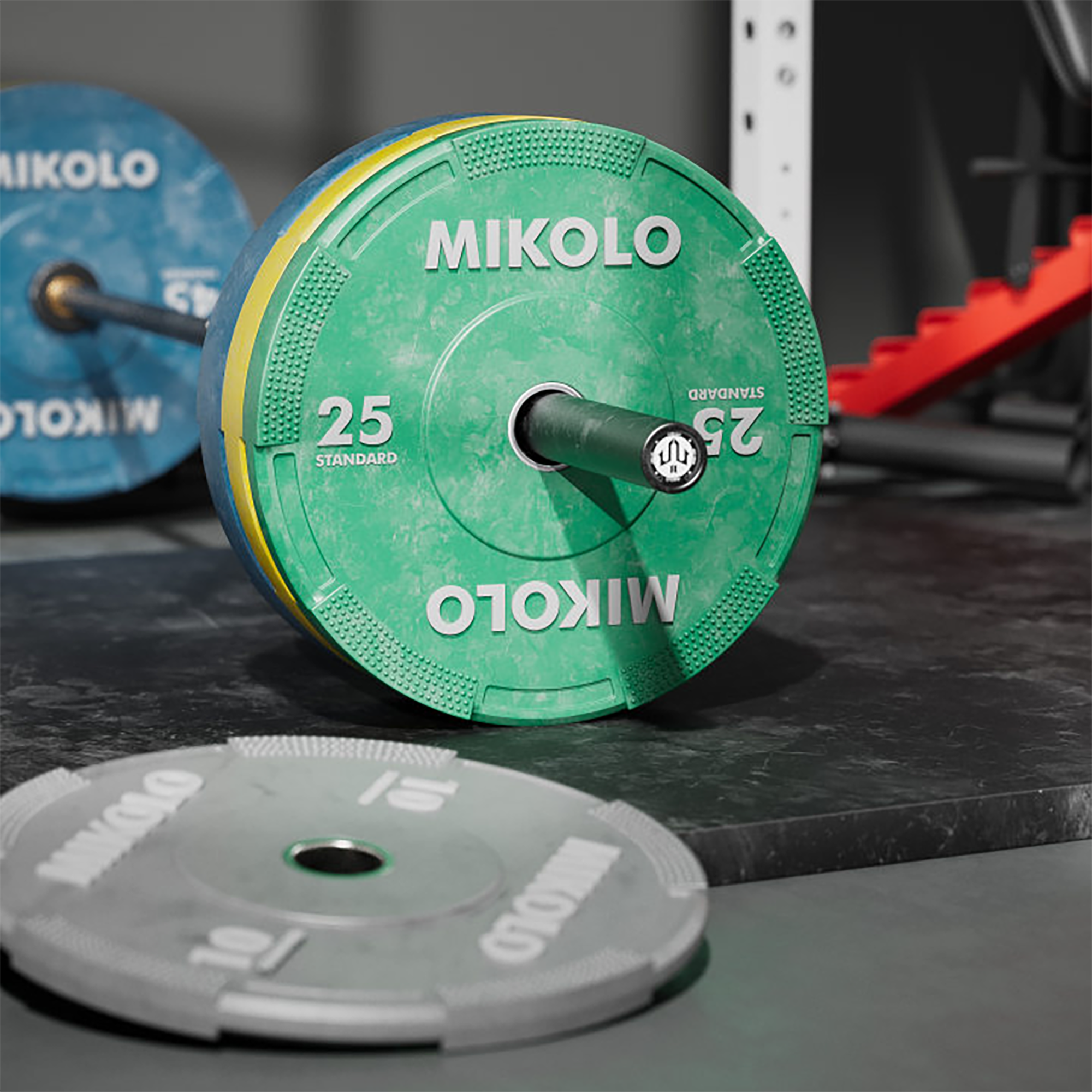


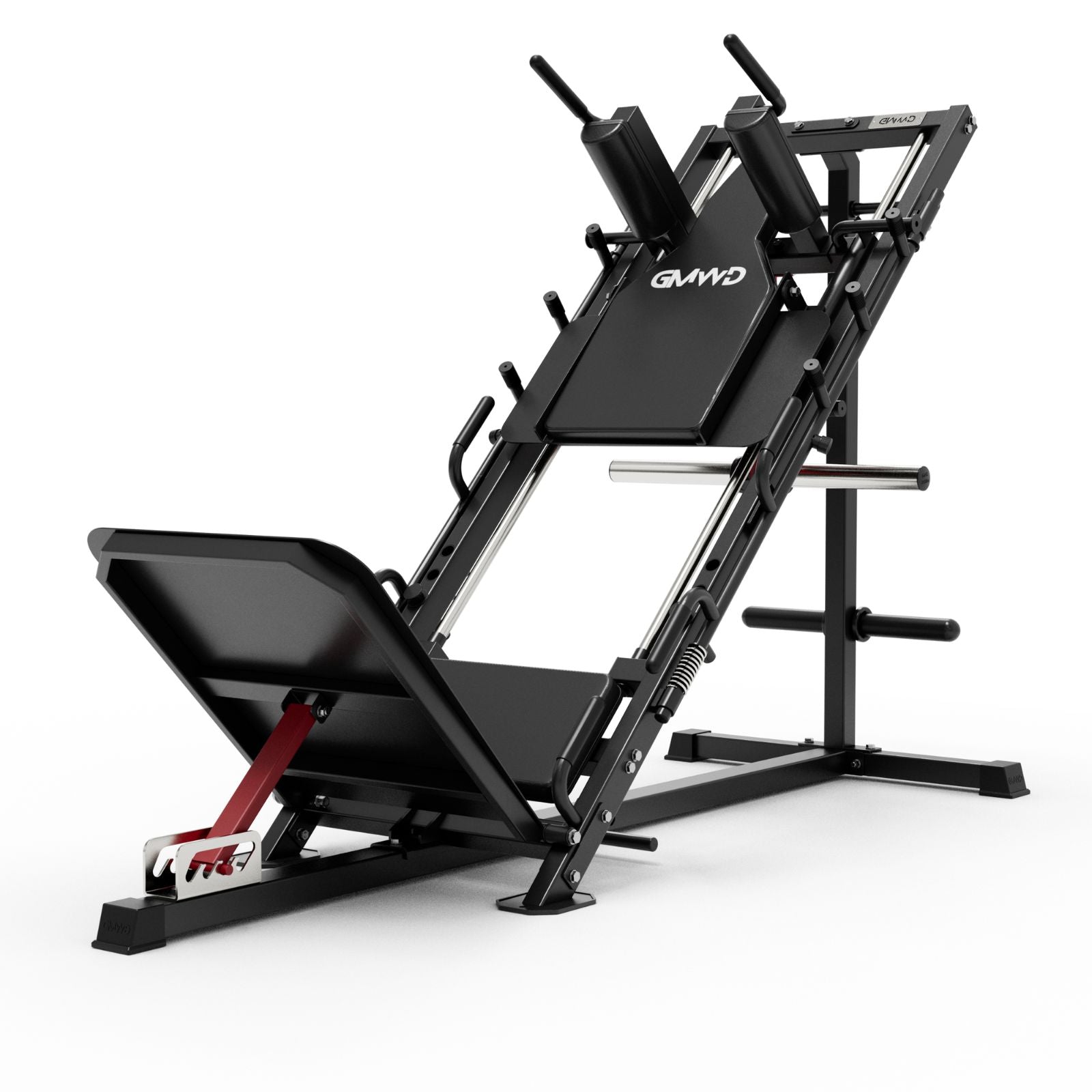


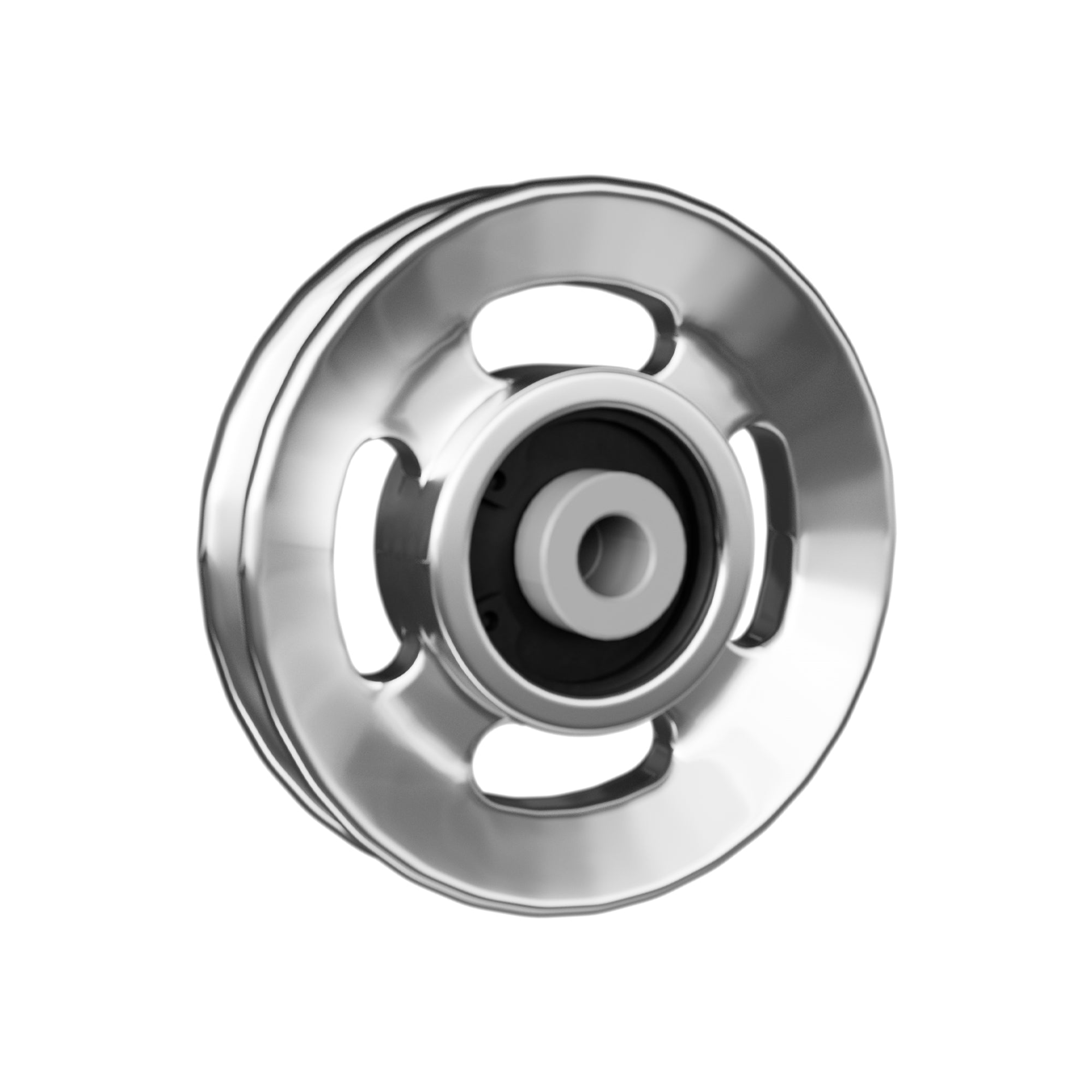
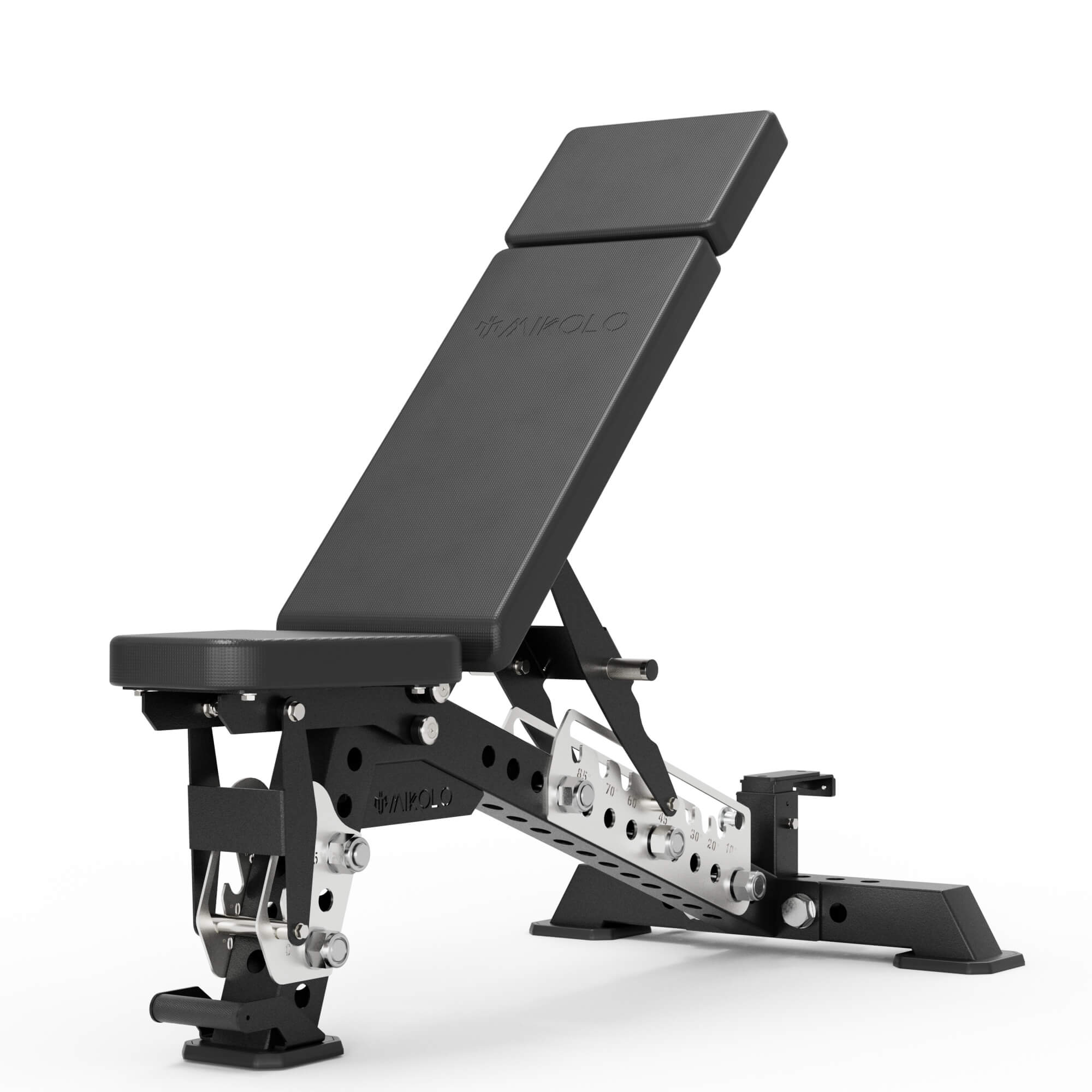
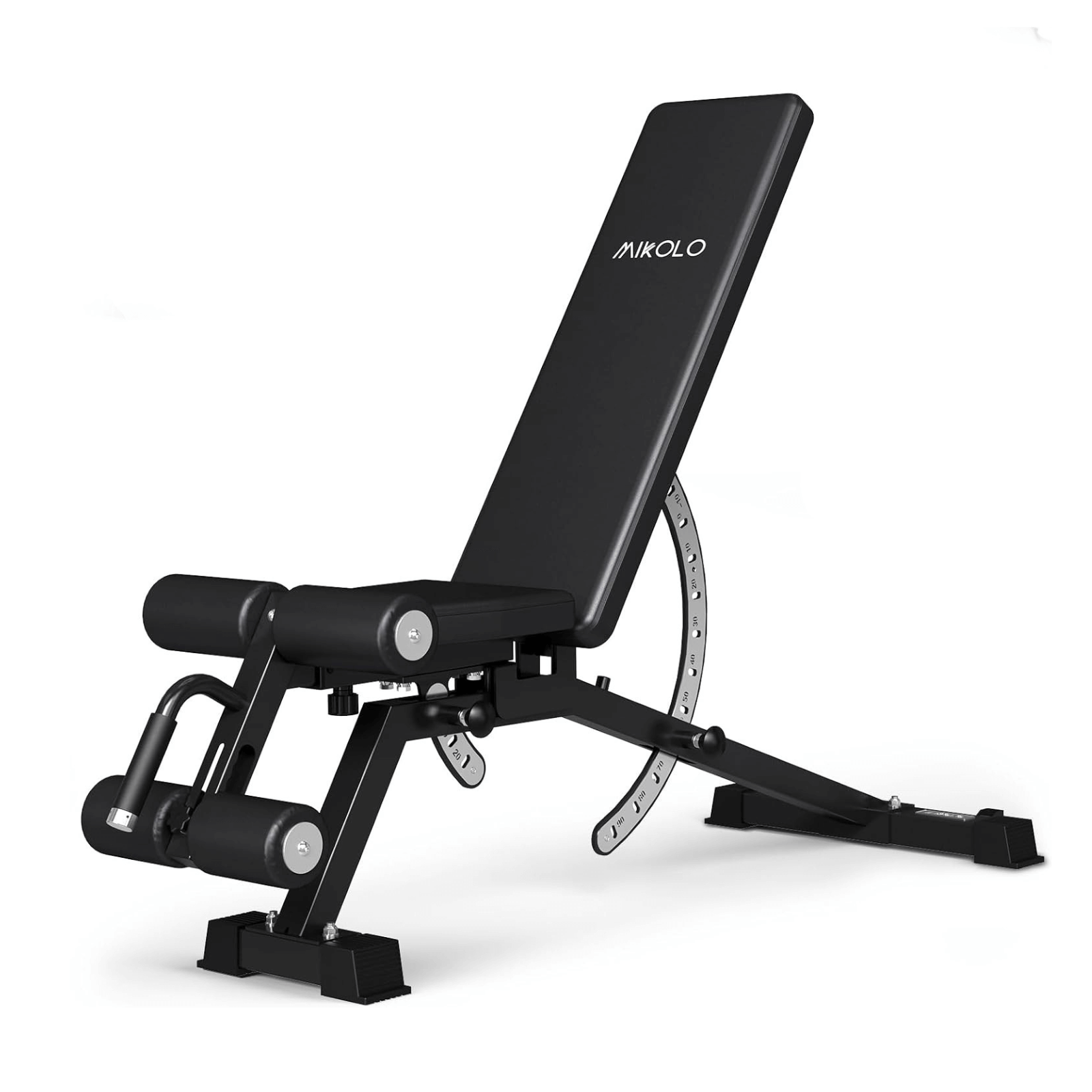



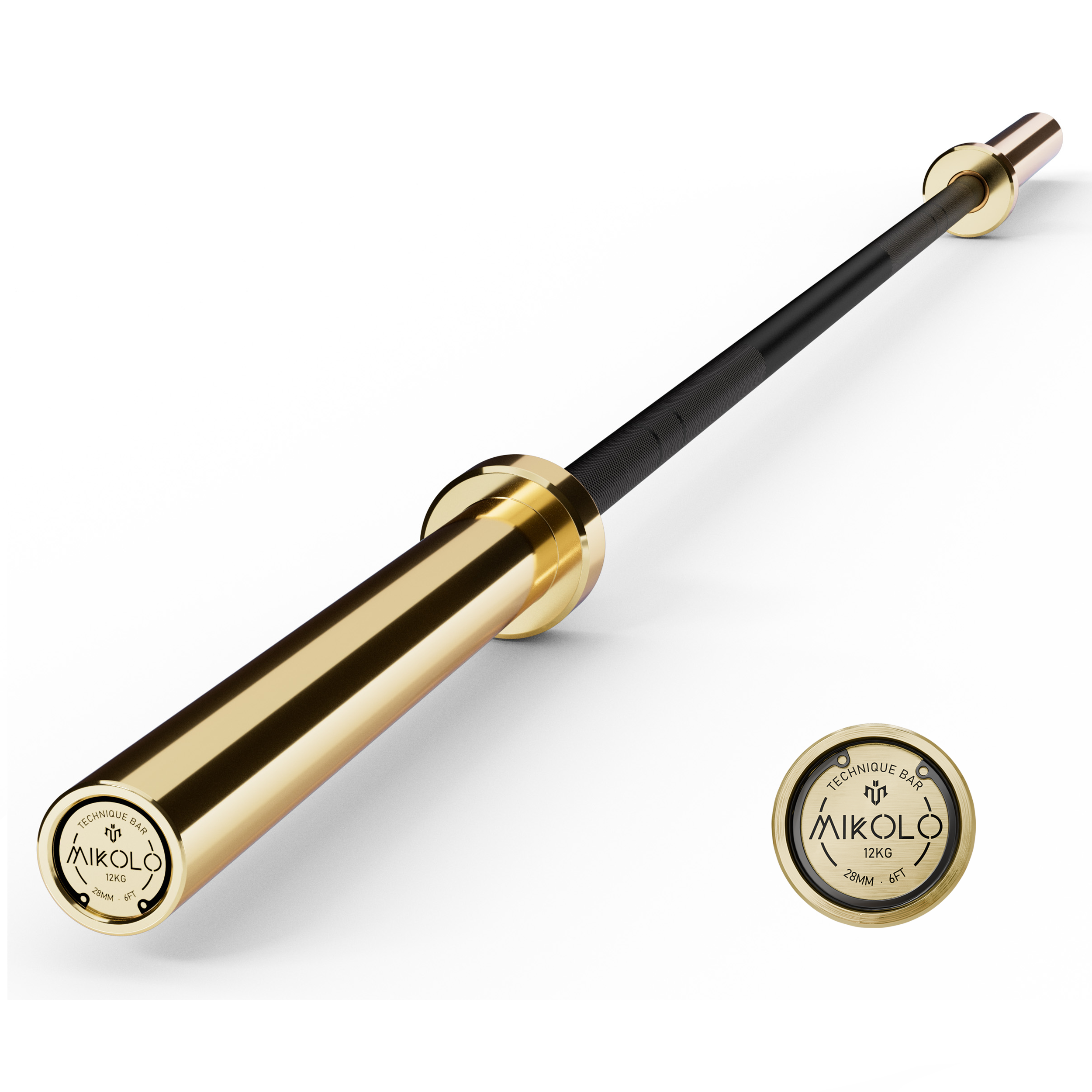
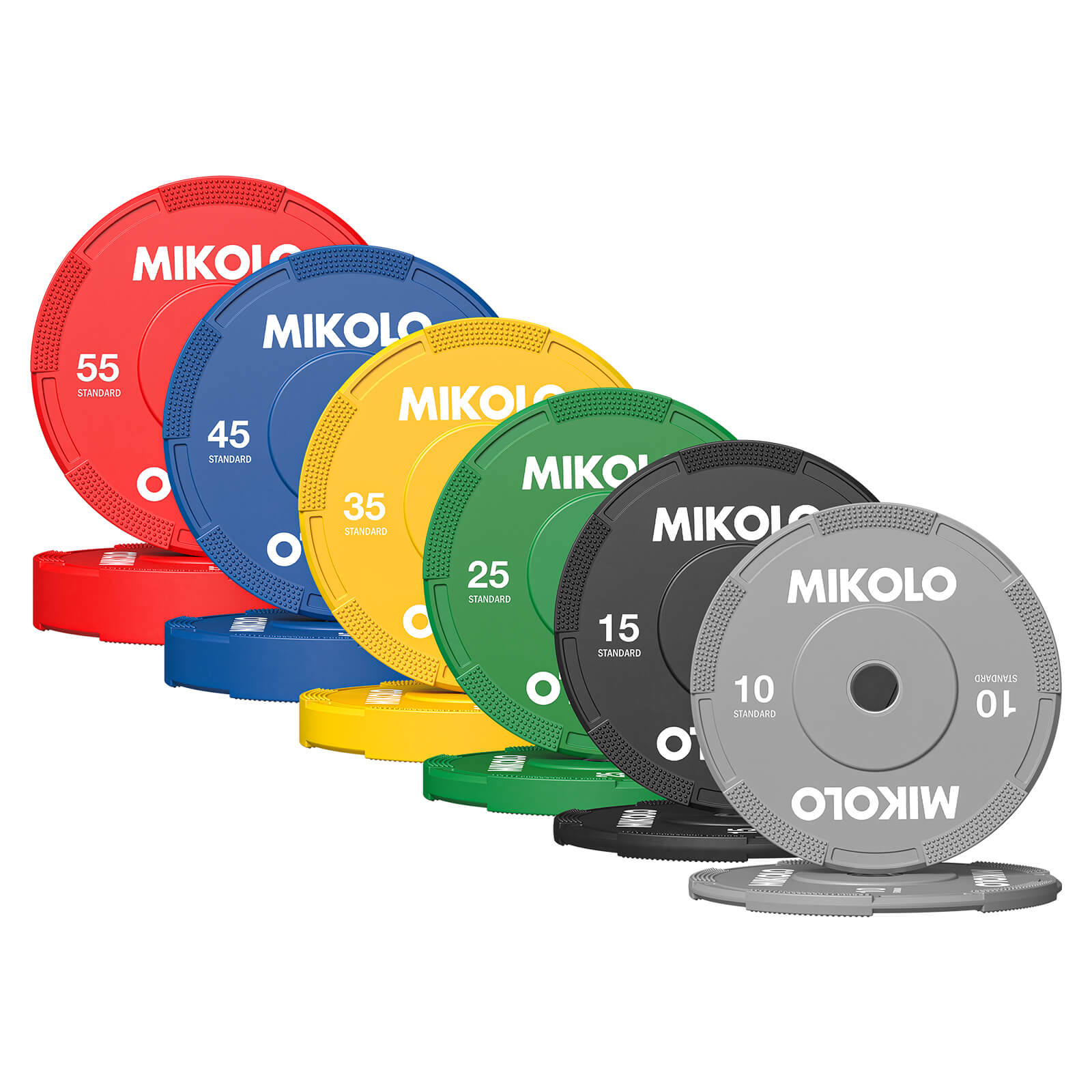

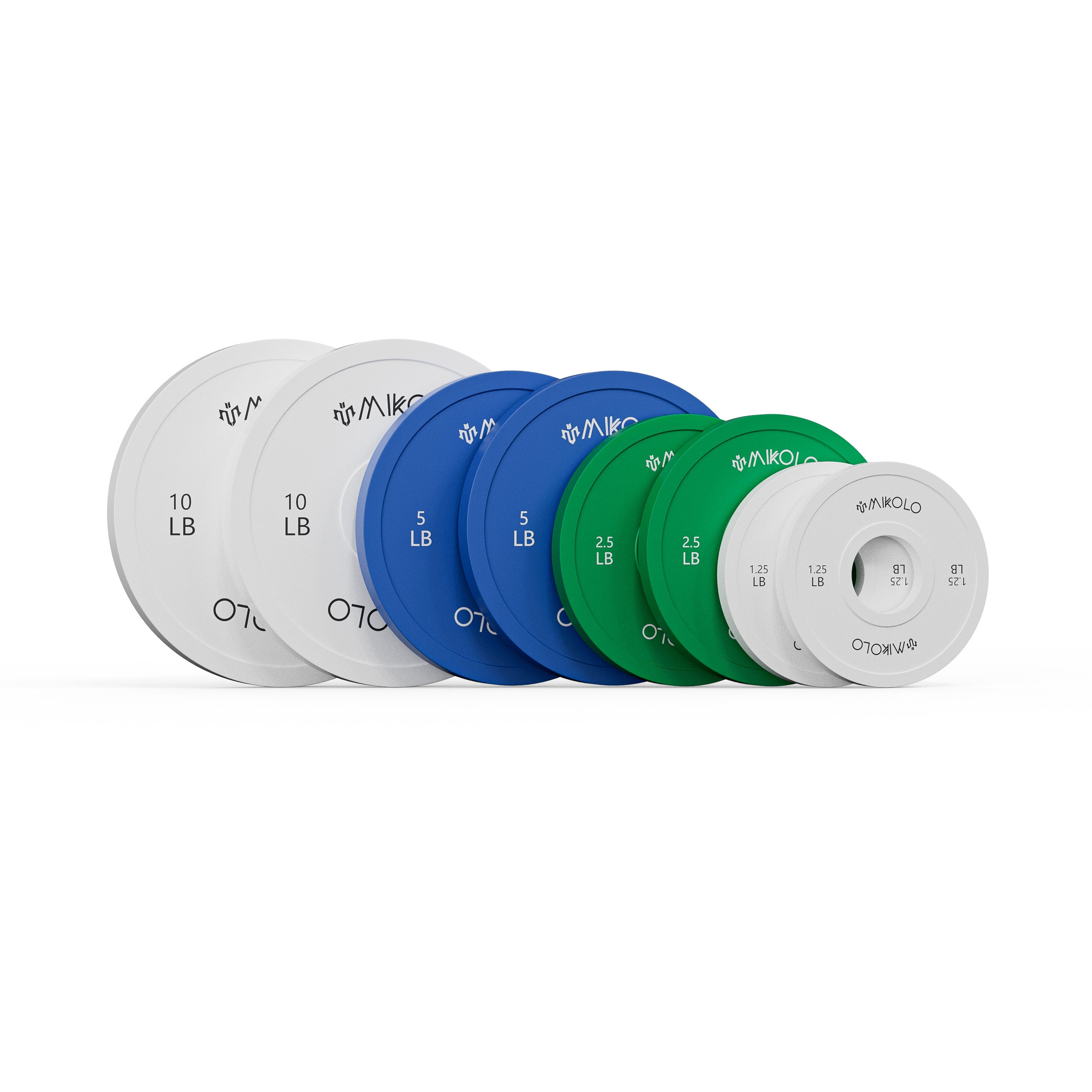

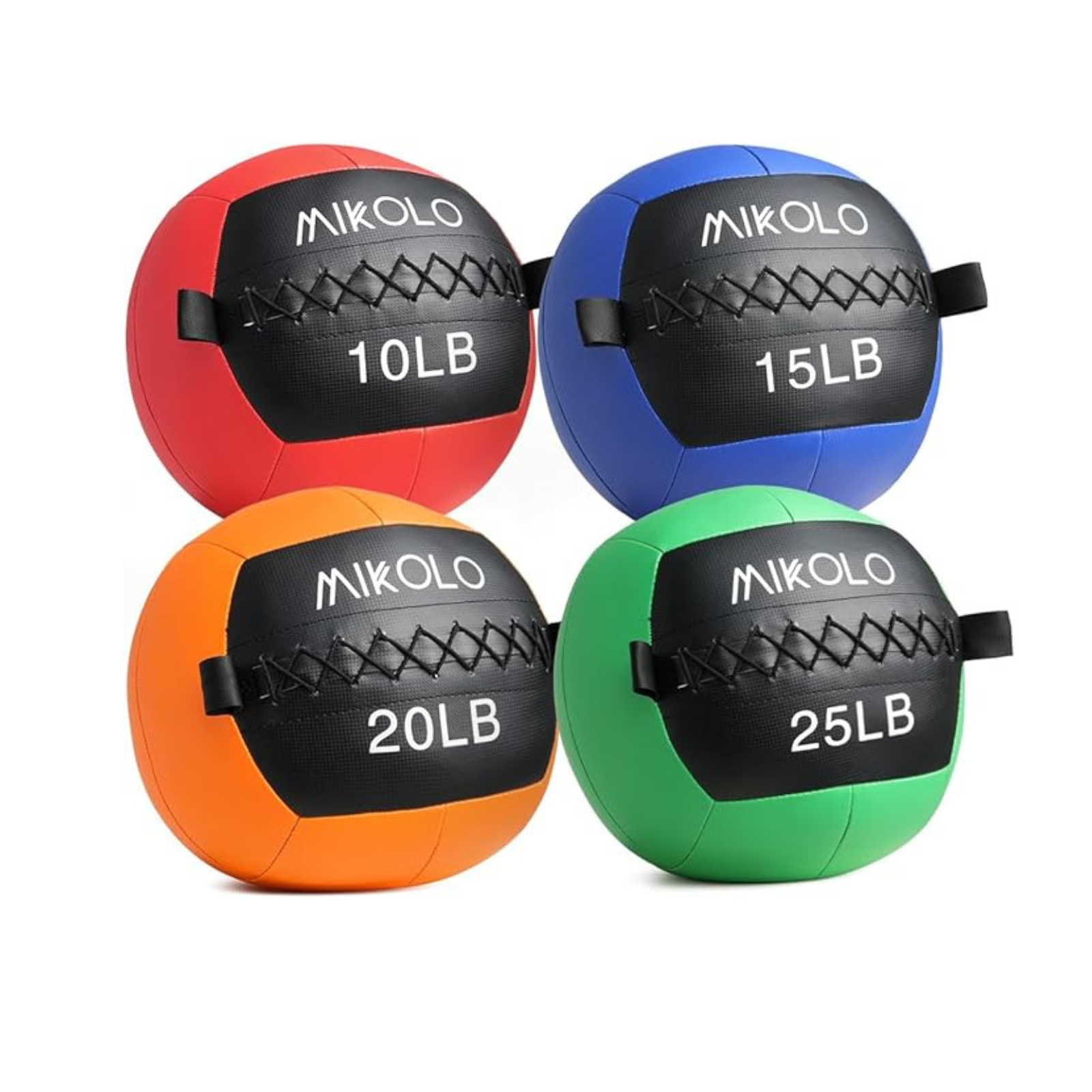
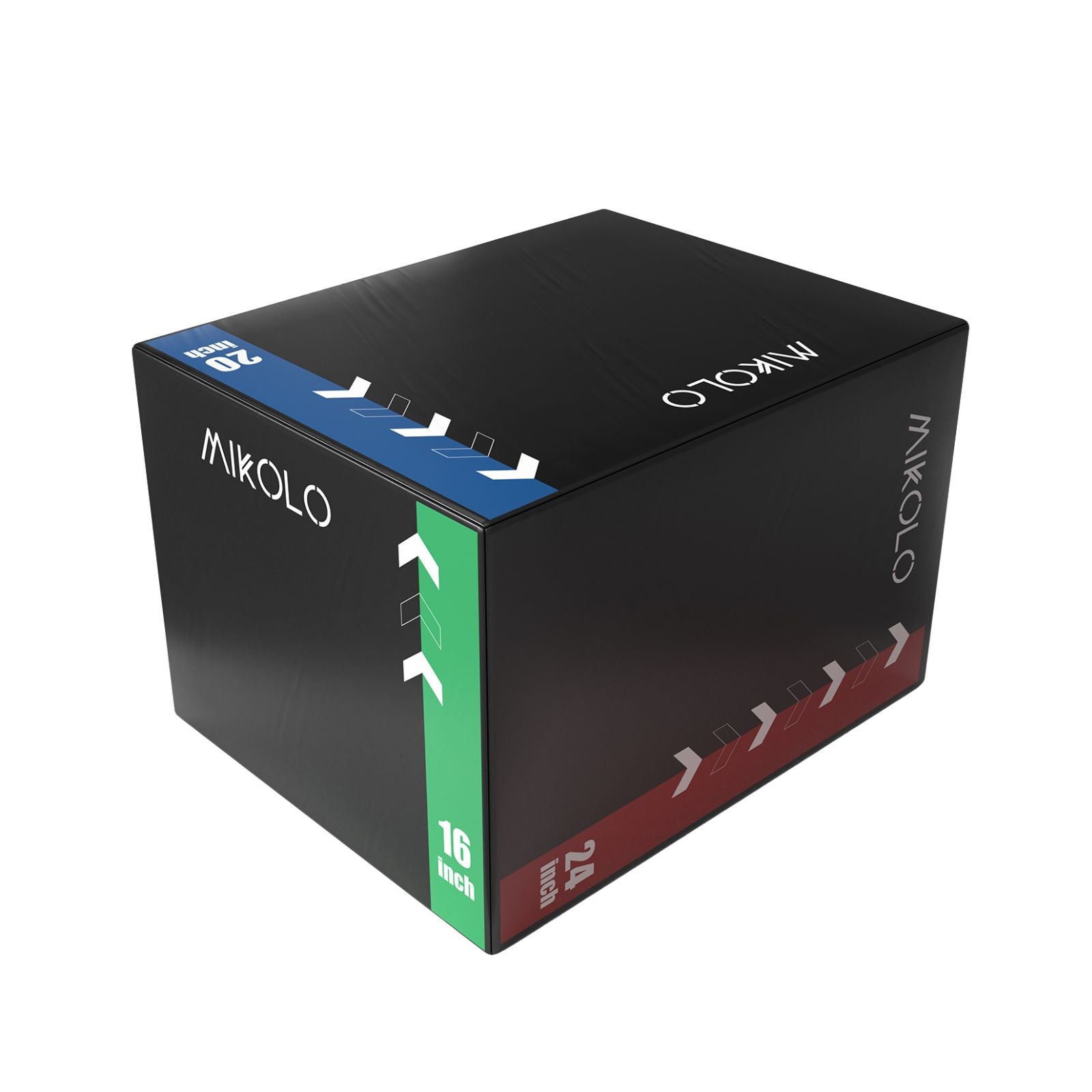






Leave a comment
This site is protected by hCaptcha and the hCaptcha Privacy Policy and Terms of Service apply.